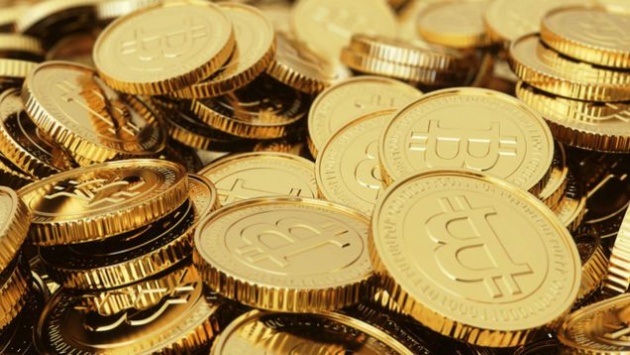
A BTC wallet is like a real wallet filled with cash. You should never keep all your eggs in one basket and the BTC wallet is no different from this age old idiom. So far there is no air tight solution to keeping your BTC safe and secured...the following action items that can help protect your BTC investment: Backup and encrypt your wallet, make multiple copies of your backup, store them in more than one secure location and finally, don't keep all your BTCs in one wallet.
Bitcoin is taxable, whenever a taxable event occurs. A taxable event is whenever you cash out your bitcoin for any fiat currency (dollars, euros and etc.) or when you trade a bitcoin for anything (bartering). In taxation, bitcoin is best understood as an "asset." Whenever you hold an asset, it can increase or decrease in value. When you trade the bitcoin for fiat currency, then you're trading an asset for dollars. It works the same way as when you trade gold bullion for dollars.
Bartering or exchanging bitcoins for anything is also a taxable event. For example, Bob trades 1 bitcoin for a year's worth of hugs. Bob traded or bartered 1 bitcoin for a year's worth of hugs or a service. This is a taxable event. The same is true, if you traded 1 bitcoin for a tangible or intangible object. This even applies if you're trading 1 bitcoin for another bitcoin.
For conventional currency markets trading in the monies of stable, profitable countries, the fluctuations within the value of each currency is measured in fractions of a penny. Bitcoin values, on the other hand, rise and fall dramatically throughout each trading day, jumping in whole dollar amounts. This means that if you don't have your act together and place a transaction order at the right time, you will lose magnitudes more cash than you would have trading dollars for yen. The value of Bitcoin as a whole, for example, dropped more than 50 percent over the 36 hours after China banned the cryptocurrency. A lot of speculators lost their shirts during that day. And it will almost certainly happen again.
What's more, unlike traditional arbitrage play, the inherent volatility of the BTC market all but forces investors to offload their coins as quickly as possible to avoid getting caught in a crash. However only when investors hold onto their digital commodities for longer periods of time will the market actually stabilize. It's a catch-22. And without commercial institutions like banks, which have huge reserves of liquid capital they can rely on, individual investors often can't afford to just sit on their Bitcoin and wait for a rainy day.
Conversely, if one were to take the super-long view and, say, bought a few shares in 2012 at a sub-$100 price point, even with Bitcoin dropping half its peak value, that investor would still theoretically make over a 600 percent return on his investment just by waiting. Granted, the sub $100 days are likely now over, what with the currency's new-found stardom so we'll have to wait and see how the market plays out.



